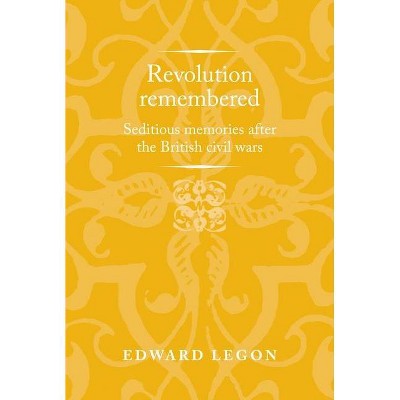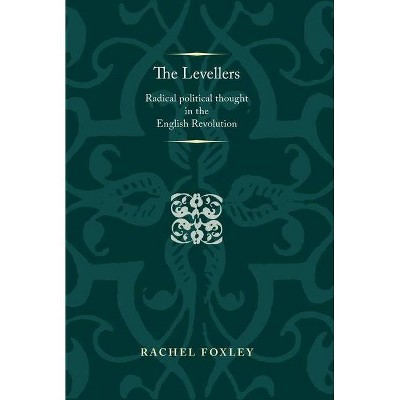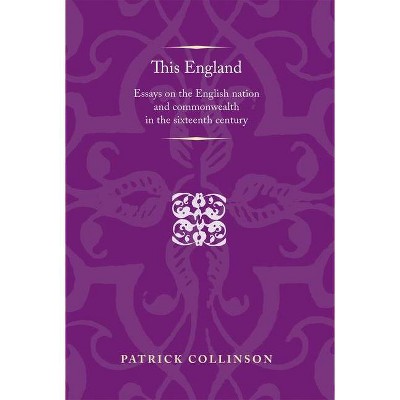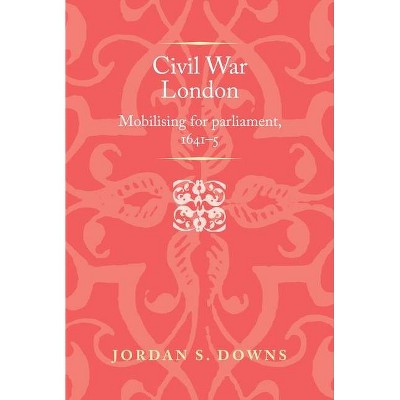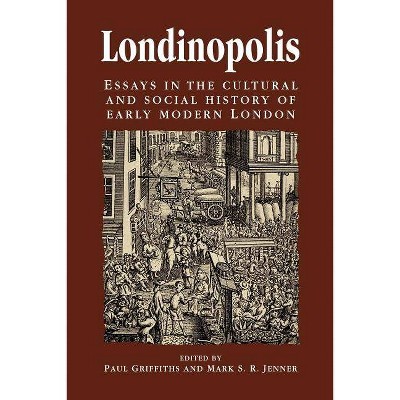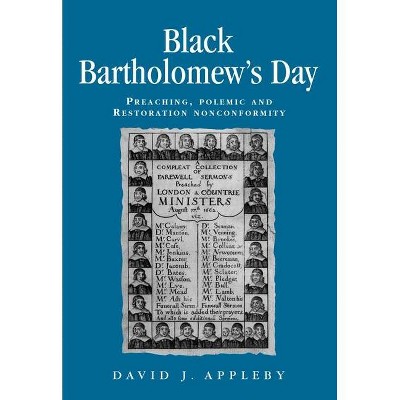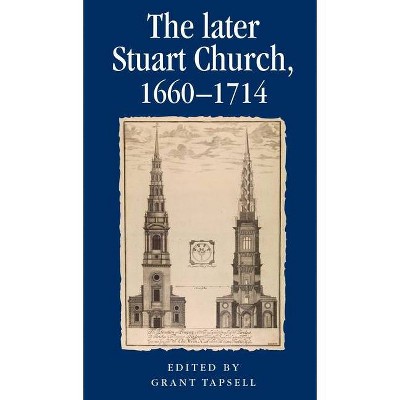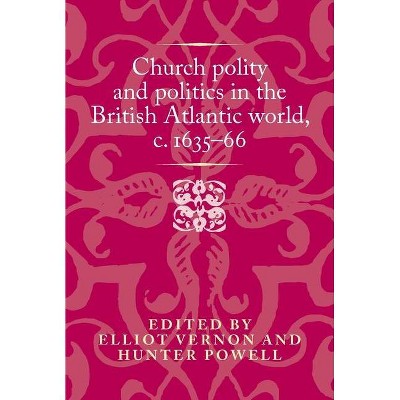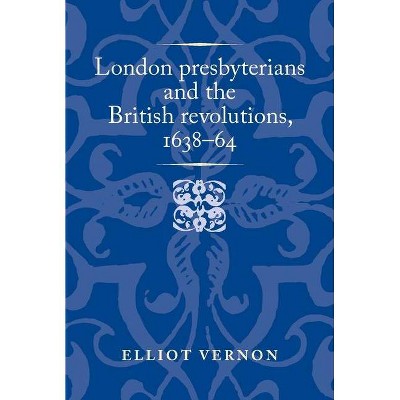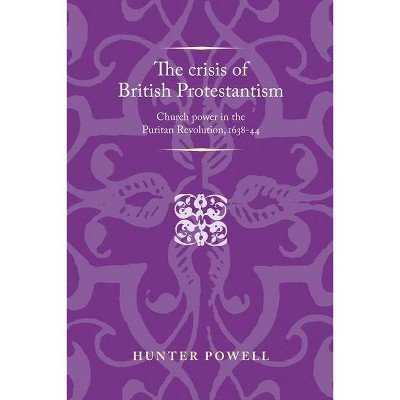Freedom of speech, 1500-1850 - (Politics, Culture and Society in Early Modern Britain) by Robert Ingram & Jason Peacey & Alex W Barber (Hardcover)
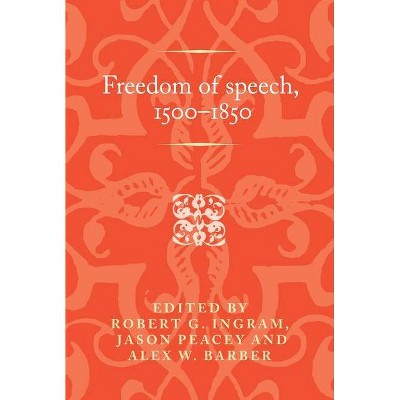
Similar Products
Products of same category from the store
AllProduct info
<p/><br></br><p><b> About the Book </b></p></br></br>This collection offers bold reappraisals of the history of freedom of speech in the pre-modern Anglophone world. It addresses the aims and effectiveness of official policies, the thorny issues with which contemporaries grappled and the claims that were and were not made about freedom of expression.<p/><br></br><p><b> Book Synopsis </b></p></br></br><p>This collection brings together historians, political theorists and literary scholars to provide historical perspectives on the modern debate over freedom of speech, particularly the question of whether limitations might be necessary given religious pluralism and concerns about hate speech. It integrates religion into the history of free speech and rethinks what is sometimes regarded as a coherent tradition of more or less absolutist justifications for free expression. Contributors examine the aims and effectiveness of government policies, the sometimes contingent ways in which freedom of speech became a reality and a wide range of canonical and non-canonical texts in which contemporaries outlined their ideas and ideals. Overall, the book argues that while the period from 1500 to 1850 witnessed considerable change in terms of both ideas and practices, these were more or less distinct from those that characterise modern debates.</p><p/><br></br><p><b> From the Back Cover </b></p></br></br>This book presents historical reappraisals of freedom of speech and freedom of the press in the early modern Anglophone world. Prompted by modern debates about whether limitations on free expression might be necessary given religious pluralism and concerns about hate speech, it brings together historians, political theorists and literary scholars, offering a <i>longue durée</i> approach to the topic. The book integrates religion into the history of free speech and rethinks what is sometimes regarded as a coherent tradition of more-or-less absolutist justifications for free expression. Contributors examine the aims and effectiveness of government policies, the sometimes messy and contingent ways in which freedom of speech became a reality, and a wide range of canonical and non-canonical texts in which contemporaries outlined their ideas and ideals. They show that - on this issue at least - the period from 1500 to 1850 is a coherent one, in terms of how successive governments reflected on the possibility of regulation, and of the kinds of claims that were and were not made for freedom of speech. While not denying that changes can be detected, in both ideas and practices, the book demonstrates that the issues, arguments and aims involved were more or less distinct from those that characterise modern debates. <i>Freedom of speech, 1500-1850</i> will appeal to religious and political historians, intellectual historians and literary scholars, as well as anyone interested in the history of one of the most important and thorny issues in modern society.<p/><br></br><p><b> Review Quotes </b></p></br></br><br>'[...] this is a hugely ambitious book that takes studies of freedom of speech forward in new and refreshing directions and is undoubtedly an addition to the literature worthy of close examination.' <i>Parliaments, Estates & Representation </i><br><p/><br></br><p><b> About the Author </b></p></br></br>Robert G. Ingram is Professor of History at Ohio University Jason Peacey is Professor of Early Modern British History at University College London Alex W. Barber is Assistant Professor of Early Modern British History at Durham University
Price History
Price Archive shows prices from various stores, lets you see history and find the cheapest. There is no actual sale on the website. For all support, inquiry and suggestion messages communication@pricearchive.us
